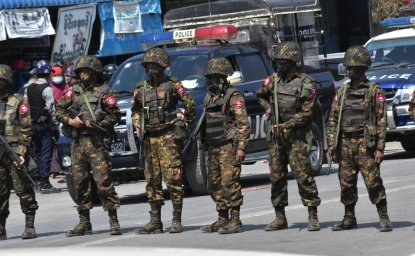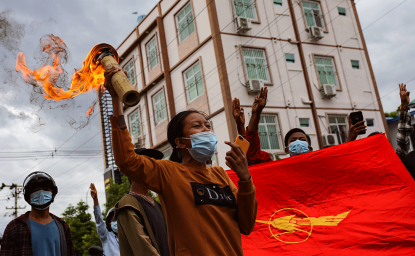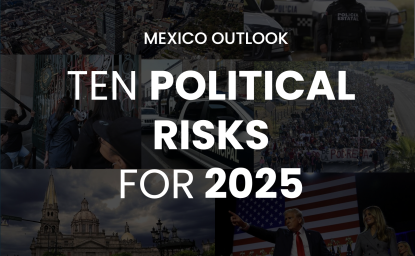Precarious Democracy: Ethnographies of Hope, Despair, and Resistance in Brazil



Related Event
-
Brazil changed drastically in the 21st century’s second decade. In 2010, the country’s outgoing president Lula left office with almost 90 percent approval. As the presidency passed to his Workers' Party successor, Dilma Rousseff, many across the world hailed Brazil as a model of progressive governance in the Global South. Yet, by 2019, those progressive gains were being dismantled as the far right-wing politician Jair Bolsonaro assumed the presidency of a bitterly divided country. Digging beneath this pendulum swing of policy and politics, and drawing on rich ethnographic portraits, Precarious Democracy shows how these transformations were made and experienced by Brazilians far from the halls of power. Bringing together powerful and intimate stories and portraits from Brazil's megacities to rural Amazonia, this volume demonstrates the necessity of ethnography for understanding social and political change, and provides crucial insights on one of the most epochal periods of change in Brazilian history.
Editors
 Benjamin JungeFormer Fellow;
Benjamin JungeFormer Fellow;
Professor of Anthropology, State University of New York at New PaltzLucia CanteroAssistant Professor of International Studies, University of San FranciscoAlvaro JarrínAssistant Professor of Anthropology at College of the Holy CrossSean T. MitchellAssociate Professor of Anthropology; Director of Peace and Conflict Studies at Rutgers UniversityBrazil Institute
The Brazil Institute—the only country-specific policy institution focused on Brazil in Washington—aims to deepen understanding of Brazil’s complex landscape and strengthen relations between Brazilian and US institutions across all sectors. Read more
Browse Insights & AnalysisExplore More
Browse Insights & Analysis
Myanmar Four Years After the Coup: Is the Resistance Gaining Momentum?
Duration:20:00Posted date/time:
Four Years After the Coup, Myanmar’s Fight for Democracy Endures
Duration:2:49Posted date/time:
WQ Winter 2025 - China-US Relations: “One Mountain, Two Tigers”
Duration:26:50Posted date/time:
